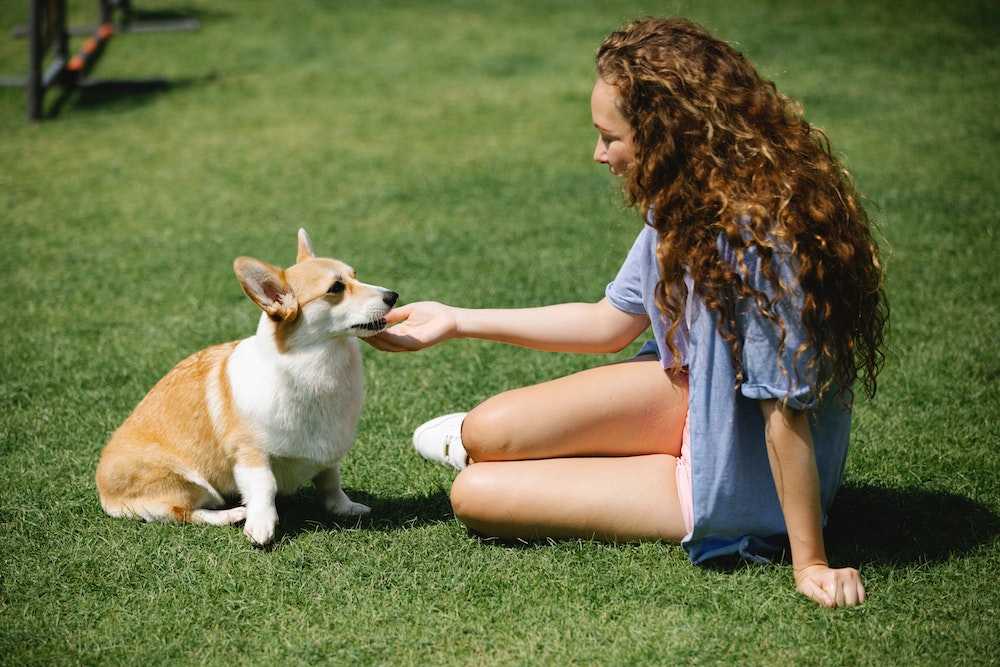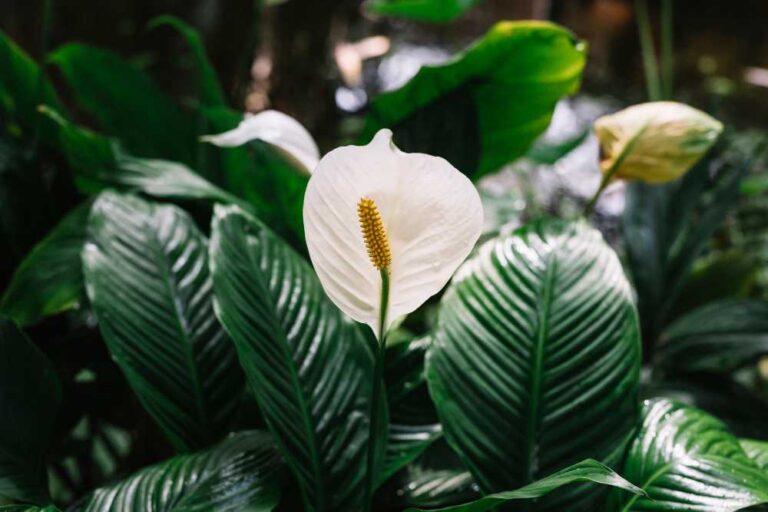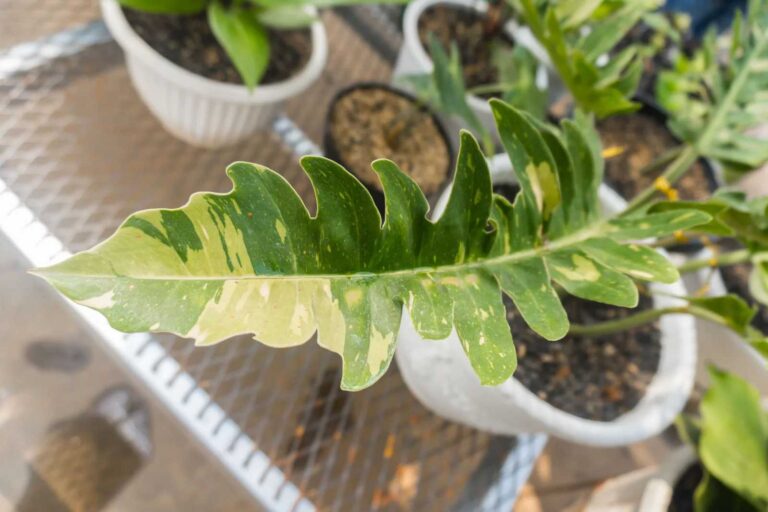Dog-Friendly Grass: Finding the Best Fit for Your Furry Friend.
If you live with your furry companions, you know how important it is to create a playful and safe environment for them. However, canines tend to mess up lawn grass pretty quickly between chasing balls, belly rubs, and bathroom breaks.
As a result, we’ve compiled the ultimate guide to the best grass for dogs. We’ll delve into grass varieties for pups with allergies, urine resistance, and more.
Keep reading to uncover the perfect grass options, ensuring a happy, healthy, and wag-worthy outdoor space for your beloved four-legged friends.
Bermuda Grass
If you’re looking for the best grass for high-traffic dogs, Bermuda grass is your best bet. It has excellent wear and tear, making it ideal for active dogs.
Bermuda grass is known for its dense growth habit, which helps to deter weeds from sprouting in your lawn. It also has a deep root system, which aids in its drought resistance and overall durability.
That said, it’s important to note that Bermuda grass needs ample sunlight to thrive, so it’s best suited for yards with good exposure.
Buffalo Grass
This is the best grass for dogs with allergies as it is considered a hypoallergenic grass. It produces minimal pollen, reducing the risk of triggering allergic reactions in both dogs and humans
Buffalo grass has excellent drought and heat tolerance, making it ideal for arid and semi-arid regions.
It has a fine to medium texture and a dense growth habit, creating a lush carpet-like appearance. It is also relatively low-maintenance, requiring less water and fertilizer compared to other grass types.
Another advantage of Buffalo grass is its ability to tolerate shade. While most warm-season grasses prefer full sun, Buffalo grass can thrive in partially shaded areas. If you have trees or structures in your yard that provide shade, Buffalo grass can still grow and maintain its vitality, making it a suitable choice for dog owners seeking grass that can handle shaded environments.
Kentucky Bluegrass
If you’re looking for a grass that not only looks stunning but also provides a safe playing surface for your furry companion, Kentucky Bluegrass is an excellent choice. This cool-season grass has a fine texture and a beautiful deep green color, creating an inviting lawn for both humans and dogs.
Kentucky Bluegrass forms a dense turf that can tolerate moderate foot traffic, making it suitable for yards with dogs that enjoy regular play. It recovers well from damage and has good self-repairing capabilities, ensuring that your lawn stays green and attractive despite your dog’s enthusiastic romping.
One of the significant advantages of Kentucky Bluegrass is its ability to spread through underground rhizomes, which helps it fill in bare spots and recover from wear more quickly. This grass type also has good cold tolerance, making it an excellent choice for regions with colder winters.
Zoysia Grass
Zoysia grass is an excellent choice for dog owners with shaded yards. This warm-season grass has good shade tolerance and can adapt well to partially shaded areas. It maintains its dense growth habit and provides a lush, green carpet-like appearance in shaded environments.
One of the key advantages of Zoysia grass is its excellent durability. It can handle moderate foot traffic, making it suitable for yards with active dogs. It also has good drought tolerance and requires less water compared to some other grass types.
While this grass takes about 4 years to develop fully, your lawn and canine friends will thank you.
Fescue Grass
If you’re looking for the best grass for dog urine resistance, fescue grass is an excellent choice. Fescue varieties, particularly tall fescue, have shown remarkable tolerance to the damaging effects of dog urine. This cool-season grass has a deep root system that helps it withstand drought and recover from stress caused by urine spots.
Fescue grass stays green throughout the year, making it perfect for both warm and cool climates. In addition, it has a soft to medium texture, making it comfortable for your pups to wag around and play.
For further resistance, you can plant certain cultivars of Fescue grass that are specifically bred for improved tolerance to dog urine. These cultivars often have higher concentrations of endophytes, which are beneficial fungi that help deter pests and enhance the grass’s resilience.
To Sum it Up
It can be challenging to find the right grass for your dog, especially because there’s such a wide variety. Fortunately, with the list above, you can narrow it down to the grass that serves your furry friend’s best interests.
FAQs
What Is the Best Grass for Dogs Foot Traffic?
If you’re looking for the best grass for heavy dog foot traffic, you’ll need a resilient and durable option that can withstand your pup’s energetic adventures. One of the best choices is Bermuda grass, which is durable and has exceptional regrowth capabilities, making it ideal for active dogs.
Which are the Best Grass Seeds for Dogs?
When choosing the best grass seeds for your dogs, prioritize your dogs’ needs and lawn conditions. Look for seed varieties like Kentucky Bluegrass, which can handle moderate foot traffic and recover well from wear and tear. Another great choice is Perennial Ryegrass, known for its fast germination and ability to create a dense, soft lawn that dogs will love.
What Is the Most Durable Grass for Dogs?
There are many durable grasses you can use if you have canines playing on your lawn. However, the most durable is Bermuda grass. It’s not only resistant to tear, but also has impressive regrowth times.
What is the Best Sod for Dogs?
If you have a dog and live in a warm climate, Bermuda grass is the best sod for you. It’s durable, can withstand a lot of wear and tear, and is not as likely to trigger allergic reactions as other types of grass. Kentucky Bluegrass is another great option if you live in a cool climate.




